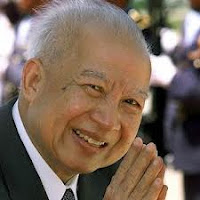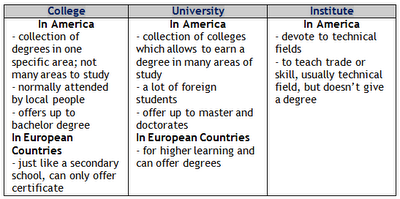There is no way that I could find "Mind Lecture" in the agenda. Participants are not well informed with the workshop they are going to attend.
Cry Freedom
Enron the smartest guy in the room
Inside Job
Thank you for smoking
The Company Men
Forrest Gump
Too big to fail
























